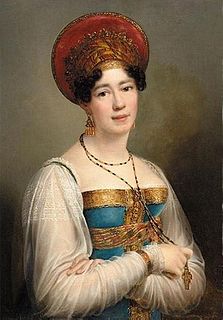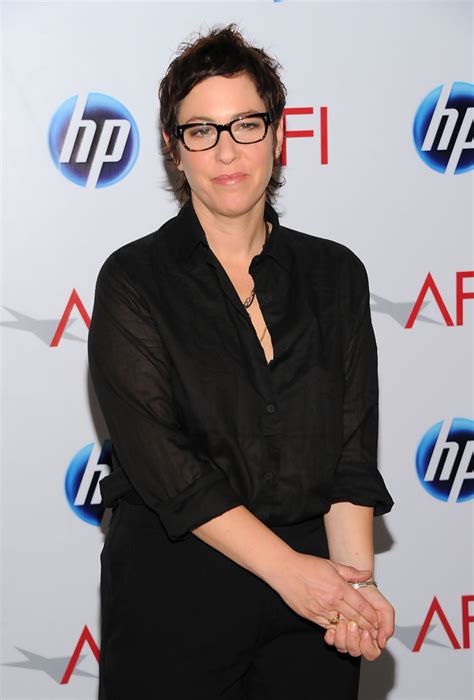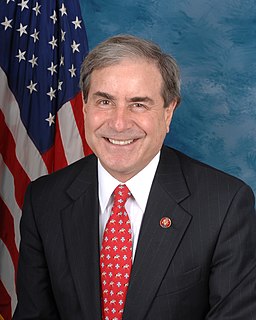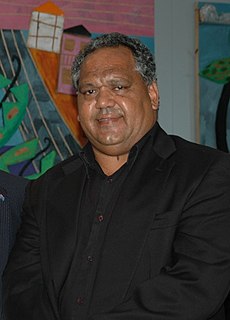A Quote by Milan Kundera
The combination of a frivolous form and a serious subject immediately unmasks the truth about our dramas.
Quote Topics
Related Quotes
It is time to ask: are we Aborigines a serious people? … Do we have the seriousness necessary to maintain our languages, traditions and knowledge? … The truth is that I am prone to bouts of doubt and sadness around these questions. But I have hope. Our hope is dependent upon education. Our hope depends on how serious we become about the education of our people.
What I hate about kitchen-sink dramas is [this idea] that the set is real, therefore you're going to be seeing truth. You have to earn truth. Truth can't be a part of the fact that people appear to talk that way and live in that room. You're looking for the poetry in something, and I don't mean poetry in the fancy sense. Naturalism believes by just replicating a thing you give the truth, rather than earning the truth.
Mathematics is a form of poetry which transcends poetry in that it proclaims a truth; a form of reasoning which transcends reasoning in that it wants to bring about the truth it proclaims; a form of action, of ritual behavior, which does not find fulfilment in the act but must proclaim and elaborate a poetic form of truth.
God's revelation... unmasks our illusions about ourselves. It exposes our pride, our individualism, our self-centeredness - in short, our sin. But worship also offers forgiveness, healing, transformation, motivation, and courage to work in the world for God's justice and peace - in short, salvation in its largest sense.





































